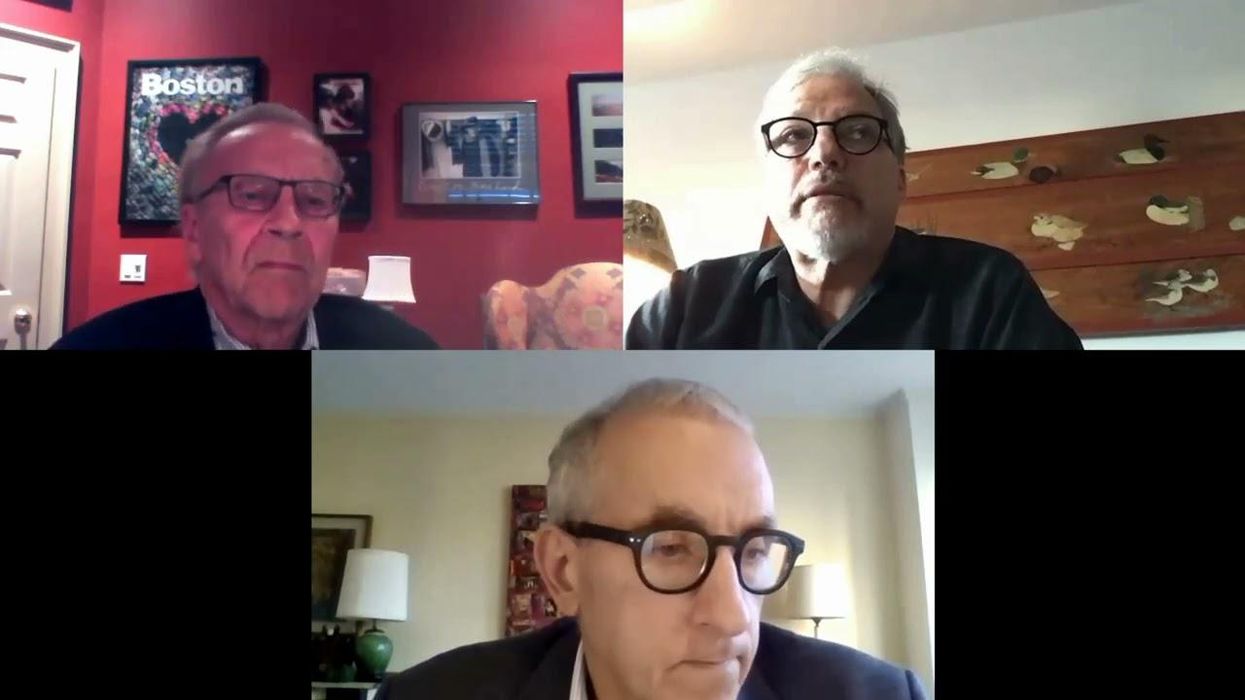Eric Alterman speaks to the role of media with an increasing campaign of misinformation.
Eric Alterman is Distinguished Professor of English, Brooklyn College, City University of New York. From 1995 to 2020, he was The Nation’s “Liberal Media” columnist and is now a contributing writer to the magazine and also to The American Prospect, where he writes the weekly “Altercation” newsletter. In the past, he has been a senior fellow of the Center for American Progress, the World Policy Institute and The Nation Institute, a columnist for Rolling Stone, Mother Jones, The Guardian, The Daily Beast, The Forward, Moment, and the Sunday Express (London) and a contributed to The New Yorker, The Atlantic, and Le Monde Diplomatique, among other publications.
He has also been named a Media Fellow at the Hoover Institution at Stanford University, a Schusterman Foundation Fellow at Brandeis University, a Fellow of the Society of American Historians, and a member of the Usage Panel of the American Heritage Dictionary of the English Language.




















Trump & Hegseth gave Mark Kelly a huge 2028 gift